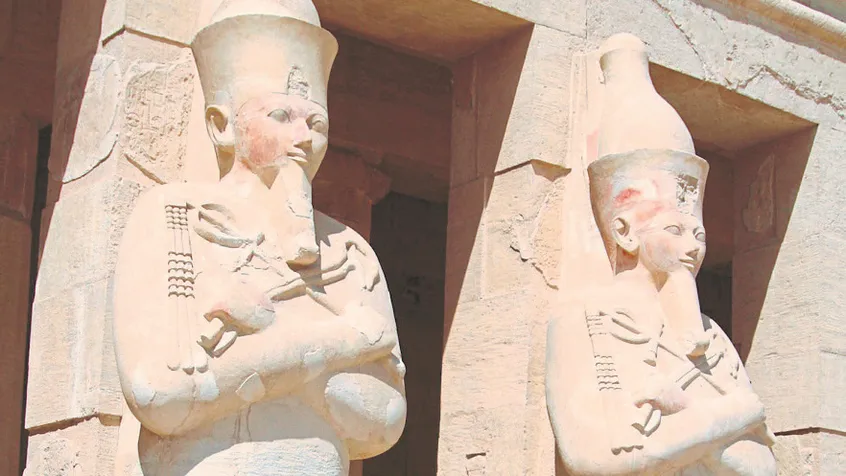Ian Cooper investigates
After 17 years in the Police Force I understand what is and is not ‘evidence’.
‘Circumstantial’ evidence is not evidence. But like ripples in a pond it shows the consequences of the event which caused it. As far as the Exodus event in Scripture is concerned, we lack the direct evidence of secular history or archaeology. Moses doesn’t even tell us Pharaoh’s name, something common in writings of the time. Even if someone in Pharaoh’s household kept a diary, listing the plagues which brought Pharaoh to his knees, this is unlikely to have survived 3500 years. Egyptian attitudes to history made sure that events which humiliated the great Pharaoh would be erased from all files – after all, Pharaoh needs to enter eternity with an unblemished record. But if we look at the time period – which I believe Scripture pinpoints – can we see ripples of such a catastrophic event?





